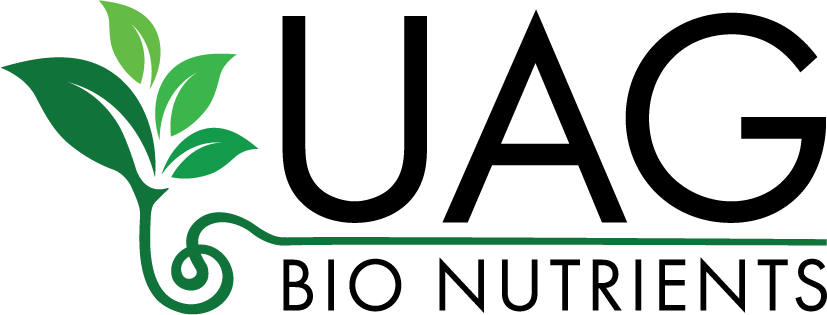From cars to conservation – UAG turns to ex-Holden plastics firm for waste-to-fertiliser components
An Australian agriculture technology firm is helping breathe new life into an SA plastics facility that formerly made dashboards and other plastic components for Holden vehicles.
When UAG Bio Nutrients needed specific plastic manufacturing expertise to produce its patented vermiculture modules, it turned to Select Plastics at Adelaide’s Lionsgate Business Park.
The vermiculture modules – each about 2m by 2m - are a critical component of UAG Bio Nutrients’ anaerobic digestion and vermiculture system.
The process is the first in the world to efficiently and cleanly integrate anaerobic digestion and vermiculture at industrial scale to convert organic waste into bio-fertiliser and clean energy.
Construction is underway on the company’s first full-scale plant at the Ravensworth feedlot in Hay, NSW.
Once completed at the end of the year the plant will process more than 3,400 tonnes of animal waste a year and produce 6,000 tonnes of liquid and solid bio-fertiliser, 4,400 MWh of clean energy and significant carbon credits.
The vermiculture modules, in which an army of worms breaks down waste that has already been through an anaerobic digester, is a bespoke design that requires specialised plastic forming skills.
“These aren’t easy components to make. They’re large, complex and must be constructed to fine tolerances,” said UAG Bio Nutrients’ founder John Barraclough.
“Having specialized processes to manufacture large plastic parts for Holden vehicles for many years, this was a perfect fit for Select Plastics, and we’re thrilled with the results, especially as our parts are produced from recycled plastic”.
“As an Australian company, we’re committed to manufacturing key components in Australia. We’re proud to be working with a great local business and helping bring manufacturing and innovation back to SA.
“In addition, Select Plastics will be helping us deliver unique Australian-owned processes to solve some of the most pressing environmental issues for farmers, industry, and regional communities.”
Select Plastics Managing Director, Anthony Prior, says that the partnership represents an exciting step forward for Australian innovation.
“Partnering with UAG to develop and manufacture equipment for their revolutionary sustainability technology demonstrates our capacity to service new industrial opportunities with recycled plastic.”
“There’s a natural synergy between Select Plastics and UAG, we’re both using unique technology solutions to drive progress and lead innovation in our respective industries.
“At Select Plastics we are committed to partnering with companies that share our desire to create environmentally beneficial products; UAG is one of the most exciting companies we have worked with, I think they will change the world.”
Federal Member for Spence, Matt Burnell MP, affirmed the venture, saying that it represents South Australia’s credentials as a centre for industrial transformation.
“Select Plastics and UAG are exceptional examples of the business we’re trying to attract, support and boost here in South Australia – they’re using homegrown ingenuity to create solutions that have a global application, it’s incredibly exciting that Adelaide can play a role in furthering Australian innovation at all stages.”
Mr Barraclough said the UAG Bio Nutrients’ process had the potential to revolutionize how the world manages organic waste, while sustainably preserving the soil, boosting agricultural production and promoting the circular economy.
“Instead of organic waste being disposed of in landfill, we recirculate it back into the soil, providing nutrients for food production. Our process creates clean energy which can reduce reliance on traditional energy sources,” he said.
“Our vision is to feed the world from waste to plate – healthily, profitably and sustainably.”

